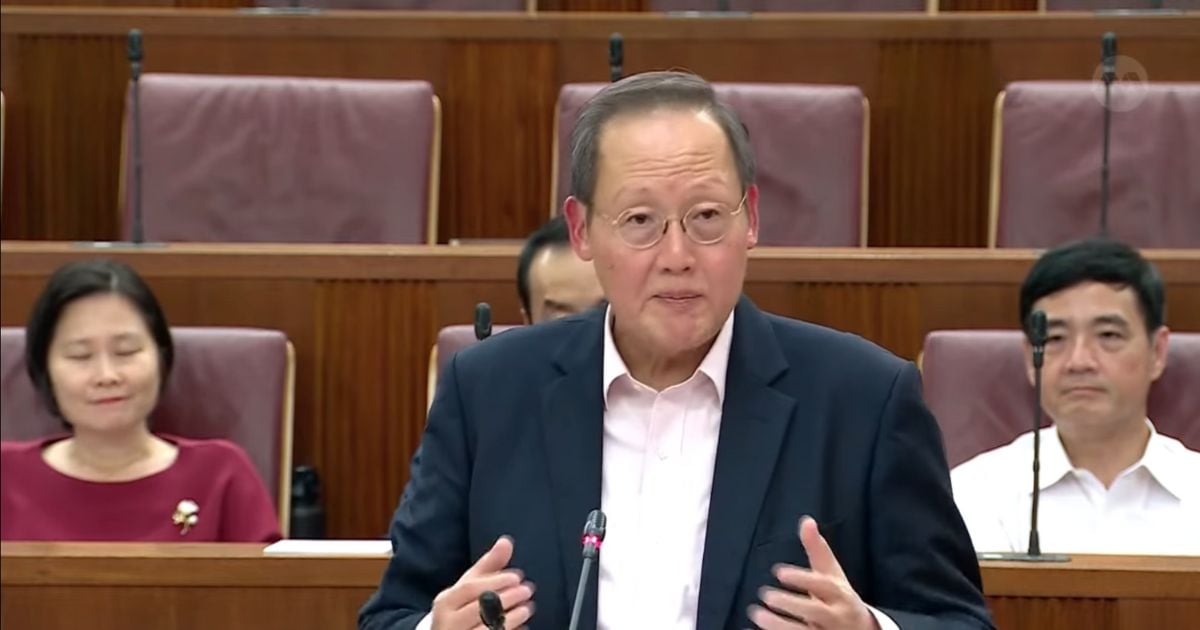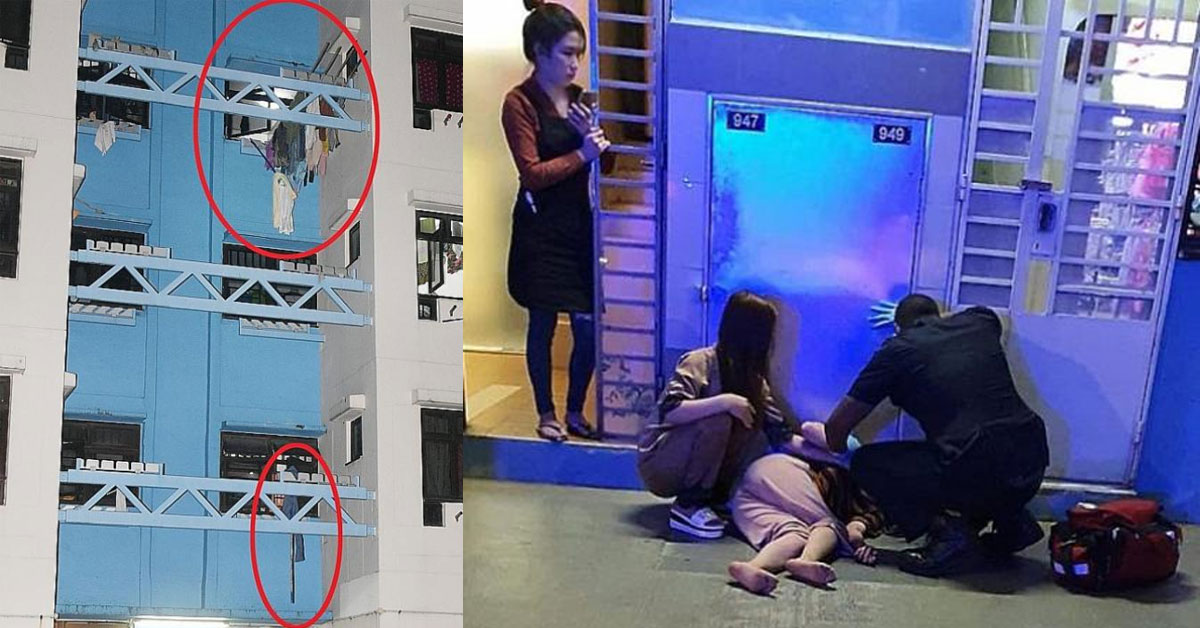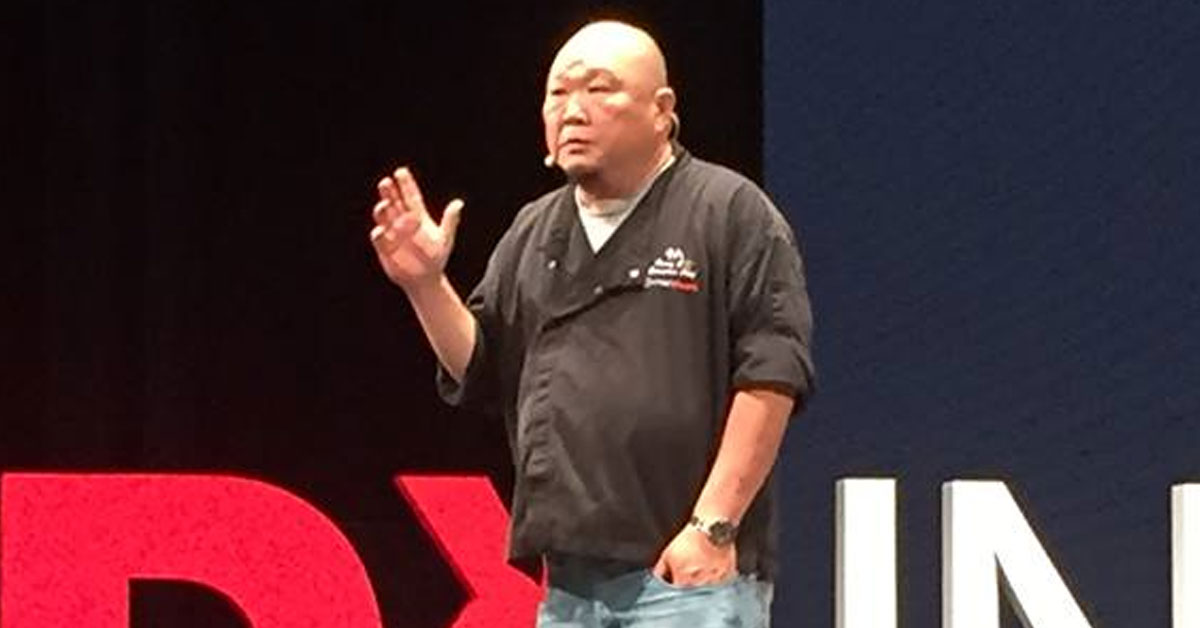The Committee of Supply debates were held on 4 March 2024, during which some interesting new details were revealed about both the new Employment Pass (EP) minimum salary and age retirement in Singapore.
If you do not have the time to sit through the one-hour-long videos of the debate (coming from someone who couldn’t even sit through her university lectures), sit back as we summarise everything you need to know about the aforementioned topics.
Everything About the New EP Minimum Salary
If you’re unsure about what an Employment Pass (EP) is, it is a pass that allows foreign professionals, managers and executives to work in Singapore.
The minimum monthly qualifying salary for EP applicants will be raised from S$5,000 to S$5,600, effective from 1 January 2025, said Minister for Manpower Tan See Leng during the Ministry of Manpower (MOM) Committee of Supply debates.
“The EP qualifying salary will also continue to increase progressively with age,” he had added. The minimum salary for a candidate in their mid-40s can increase to up to S$10,700.
Employees in the financial services sector, with reportedly higher wage standards, must now earn a minimum of S$6,200 per month, up from S$5,500.
The previous adjustment to the minimum qualifying salary for Employment Pass (EP) holders occurred in 2022 when it increased from S$4,500 to S$5,000.
The minimum salaries for new S Pass (a work pass that allows foreign mid-skilled individuals to work and stay in Singapore) applicants were also increased at the time.
The changes were also made to make sure that the cost of hiring an EP holder matches what the top one-third of local professionals, managers, executives, and technicians (PMETs) earn at the minimum.
This benchmark was revealed during Budget 2022, and the EP qualifying salary is reviewed every year against this benchmark.
“By regularly updating the qualifying salaries based on the set wage benchmarks, we ensure a level-playing field for locals,” Dr Tan told parliament.
The timing of these changes means that companies with existing EP holders have more time, potentially up till 2028, to handle the impact of these changes and get ready for their hiring plans, according to Dr Tan.
The EP lasts for up to two years for those who get it for the first time, and up to three years for those whose passes are renewed.
Dr Tan mentioned that the dates were chosen because of worries raised by trade associations and chambers about the increasing costs of manpower and difficulties in hiring.
Dr Tan also revealed adjustments to the work permit system for the marine shipyard sector starting 1 January 2026, aiming to encourage the sector to shift towards more resource-efficient activities.
The dependency ratio ceiling (DRC) in the sector will gradually decrease from 77.8% to 75%.
The DRC refers to the maximum allowable ratio of foreign workers to the total workforce in a company within a specific sector.
This means companies in the sector can employ a maximum of three work permit holders for each local worker, down from 3.5 presently.
Moreover, the levy for basic-skilled work permit holders in the sector will rise from $400 to $500, and for higher-skilled ones, it will increase from $300 to $350.
Dr Tan also discussed the effectiveness of the Complementarity Assessment (Compass) framework in response to concerns about how the EP framework will be strengthened to treat locals fairly.
Compass is a points-based framework that evaluates attributes of individual EP applicants and their prospective employer, in deciding to issue the pass.
Since September 2023, all new EP applications have undergone evaluations through Compass.
To pass the evaluation, the application needs to accumulate up to 40 points from assessing an individual’s salary, qualifications, as well as the firm’s workforce diversity, and local employment support.
As such, companies with lower local PMET shares within their sector will receive fewer points in the firm-level criteria of COMPASS, making it challenging to pass.
The Tripartite Alliance for Fair and Progressive Employment Practices (TAFEP) has been actively assisting firms scoring poorly in firm criteria under COMPASS to enhance their workforce profile, with over 440 firms participating in TAFEP’s workshops in 2023.
Firms practising unfair hiring will still face consequences under the Tripartite Guidelines for Fair Employment Practices and upcoming Workplace Fairness Legislation.
In the same Committee of Supply debates, it is announced that Singapore’s retirement age will be increased from 63 to 64, with effect from 1 July 2026.
Likewise, the re-employment age will also rise from 68 to 69, and companies are required to offer eligible staff re-employment until that age, though on necessary adjusted terms.
Dr Tan said that this is part of the government’s plans to “work hand-in-hand with employers and workers to build more inclusive and progressive workplaces”, adding that tripartite partners have agreed in 2019 to increase retirement and re-employment ages to 65 and 70 respectively by 2030.
The lead time takes into account feedback from the ground, allowing businesses and workers enough time to prepare adequately.
Minister of State for Manpower Gan Siow Huang said that employers have been mostly cooperating, highlighting that over 90% of eligible senior workers were offered re-employment in 2023, and that MOM supports firms in hiring older workers and updating their skills.
The Part-Time Re-employment Grant offers up to S$25,000 for employers who provide these senior workers with part-time jobs post the age of retirement. The Senior Employment Credit also helps to offset wages for workers aged 60 and above.
Given our current birth rate and ageing population, Singapore expects one in four citizens to be aged 65 and above by 2030.
We currently have the third-highest employment rate for workers aged 65 to 69 amongst countries in the Organisation for Economic Cooperation and Development, Ms Gan said.
Despite this, age biases continue to persist, constituting 24% of discrimination complaints filed with the TAFEP and MOM between 2018 and 2022.
Protecting workers from age-related dismissals is part of MOM’s goal to foster fair and inclusive workplaces.
Dr Tan emphasised sustaining productivity to mitigate challenges posed by falling birth rates and an ageing population, crucial for ensuring economic growth in the next decade.



